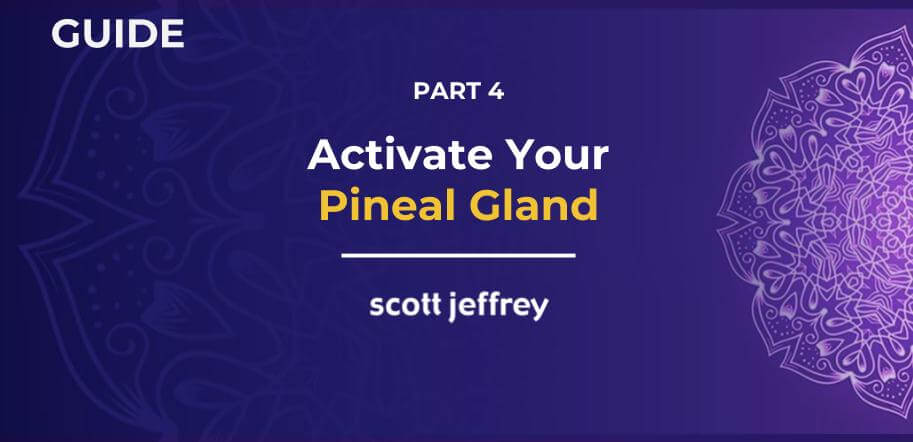

How glucose exerts these effects and whether dietary or lifestyle Future research will need to characterize Or glucose intolerance, higher blood sugar may harm the brain andĭisrupt memory function. These findings indicate that even in the absence of diabetes That glucose might directly contribute to hippocampal atrophy,”īut she cautions that their data cannot establish a causal relation According to study co-author Agnesįlöel, a neurologist at Charité, the results “provide further evidence Structural changes partially accounted for the statistical link be tween glucose and memory. Worse memory, as well as a smaller hippocampus and compromised hippocampal structure. Higher levels on both glucose measures were associated with High levels of blood glucose are linked to memory impairments S C I E N C E S O U R C E (E EG) T H I N K S T O C K ( p o p s i c l e b r a i n) The participants performed a memory test and underwent imaging to assess Medical Center in Berlin evaluated both short- and long-term glucose markers in 141 healthy, nondiabetic older adults. In the experiment, researchers at the Charité University Had an effect on memory even in people without the diseaseīecause having it could induce other brain changes that confound The new study sought to identify whether glucose Of dementia and a smaller hippocampus, a brain region criticalįor memory. Levels of blood glucose, has been linked to an elevated risk It suggests that eating a lot of sugar or other carbohydrates can be hazardous to both brain structure and function.ĭiabetes, which is characterized by chronically high Perhaps allowing patients to communicate in a meaning-William SkaggsĪ poor diet can eat away at brain health. To trigger a brief period of awareness could be invaluable, Even if the effects remain temporary, the ability Stimulation can be configured to spur a more lasting Laureys is planning new studies to see if the Inexpensive, easy to use, safe and lacking in side effects. Researchers are encouraged- the tDCS apparatus is The improvements lasted just a few minutes, but Some had only recently been injured,īut others had been minimally conscious for months.

Measurable gains in their responses to questions and Occasional moments of low-level awareness - showed Yet 13 ofģ0 patients in a minimally conscious state - defined by Statistically compelling evidence emerged. Might have led to improvement in two patients, but no Which the apparatus ran, but no current was delivered.įor patients in a vegetative state, who display noĬommunication or purposeful behavior, the stimulation Patient had received real tDCS or a sham treatment, in Measured by doctors who did not know whether the Afterward, the effects on consciousness were Scientists ledīy neurologist Steven Laureys applied the electricĬurrent for 20 minutes to patients’ left prefrontal cortex,Īn area known to be involved in attentiveness and working In tDCS, electrodes are glued to the scalp, andĪ weak electric current is passed through them to Transcranial direct-current stimulation (tDCS)Ĭan temporarily raise awareness in minimally Now a rigorous studyīy a group at Liège University Hospital Center inīelgium has found that a simple treatment called To varying degrees, but in most cases there is little Patients in a coma or a vegetative or minimallyĬonscious state sometimes spontaneously recover One of the most frustrating and mysterious medical conditions affecting the mind is impairedĬonsciousness, as can occur with brain damage.


 0 kommentar(er)
0 kommentar(er)
